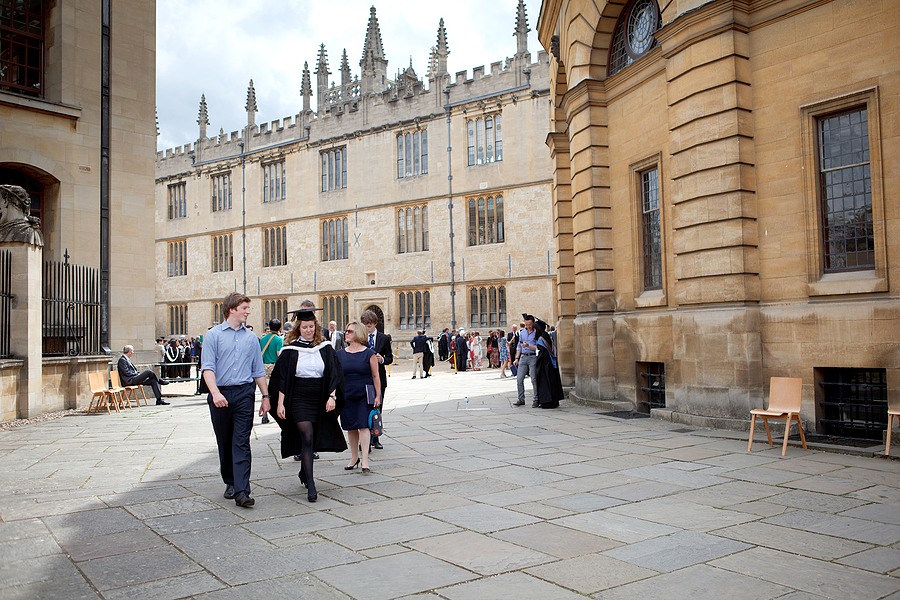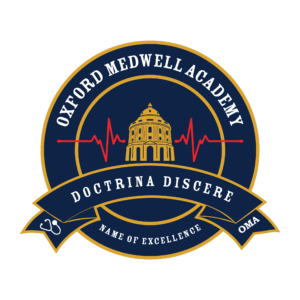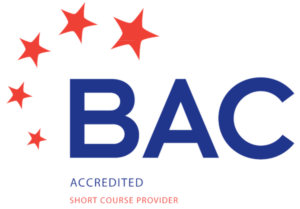There are a lot of different aspects of your application to consider before applying for a medical course, whichever path you choose to take.
There are many different routes to becoming a doctor, but the most common first line is applying for a medical degree straight from college.
This application will typically be done via UCAS with a deadline several months before the final deadline for other courses, requiring at least two very strong letters of recommendation, a powerful personal statement as well as good grades in related subjects such as Chemistry and Biology.
If this application shows promise, you will be invited to an interview, which will be broad and ask many questions about your qualifications, your scope of knowledge and relevant work experience.
However, the most important and most difficult to answer question interviewers will love to ask is also the simplest one; “Why do you want to be a doctor?”
It is so simple that it can often catch promising students out, but what interviewers are looking for is a dedication to the principles and guiding values that the medical profession is built upon and has been since the days of Hippocrates.
Generally, the answers to avoid are ones of compensation and prestige; if money or ego is the driving force, there are other professions that might be better suited to your skills and interviewers will be mindful of the long road to becoming a doctor.
Ultimately, the best way to answer the question comes from the heart, and by asking yourself about the reasons you even considered medicine as a potential future career.
It could be an inciting event, such as a successful medical treatment, an application of skills that are perfectly suited to the medical profession or it could be a simple desire to help people and do positive deeds in the community.






